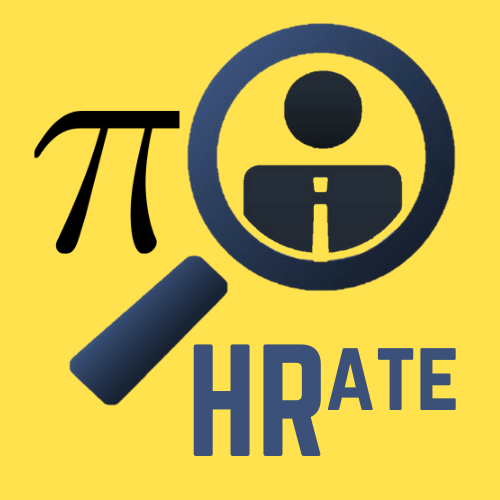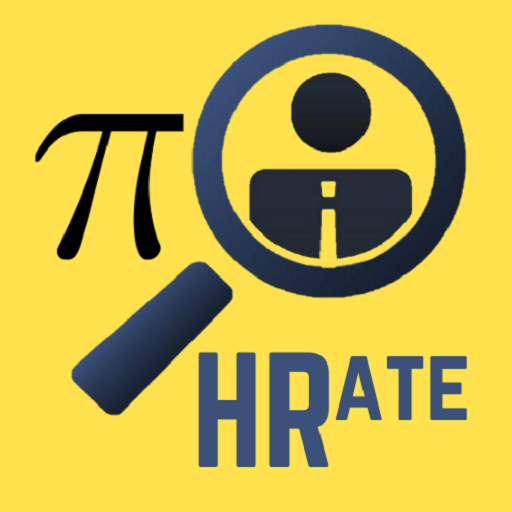Microlearning is a training approach that delivers short, focused learning modules or content to employees, typically in a digital format. These bite-sized learning units are designed to address specific learning objectives and provide targeted information to learners. Microlearning is characterized by its brevity, accessibility, and focus on delivering information in a concise and easily digestible format.
Key features of microlearning include:
- Short Duration: Microlearning content is intentionally brief, typically lasting a few minutes or even less, focusing on a single concept or skill.
- Focused Learning Objectives: Each microlearning module is designed to achieve specific learning objectives, addressing a particular topic or skill.
- Accessibility: Microlearning content is often delivered through digital platforms, making it easily accessible to learners on various devices, including smartphones and tablets.
- Engaging Formats: Microlearning leverages a variety of engaging formats such as videos, interactive quizzes, infographics, and simulations to capture and maintain learner interest.
- Flexibility: Learners can access microlearning content at their convenience, allowing for flexibility in terms of when and where they engage with the material.
- Just-in-Time Learning: Microlearning is well-suited for delivering information at the point of need, providing learners with immediate access to relevant knowledge or skills.
- Continuous Learning: Microlearning supports a continuous learning model, allowing employees to acquire and reinforce knowledge incrementally over time.
- Adaptability: Microlearning can be easily adapted to address changing training needs and can be integrated into larger training programs.
Microlearning is particularly well-suited for today’s fast-paced work environments, where employees may have limited time for extended training sessions. By breaking down information into small, focused units, organizations can deliver targeted and relevant content, promoting better retention and application of knowledge. This approach aligns with the preferences of modern learners and supports ongoing professional development.



